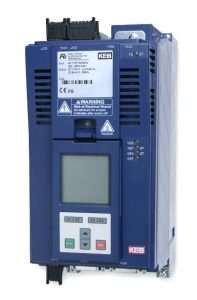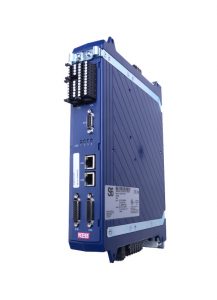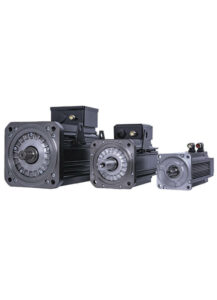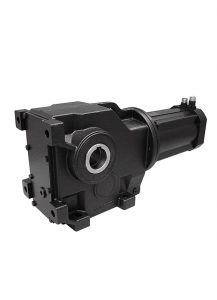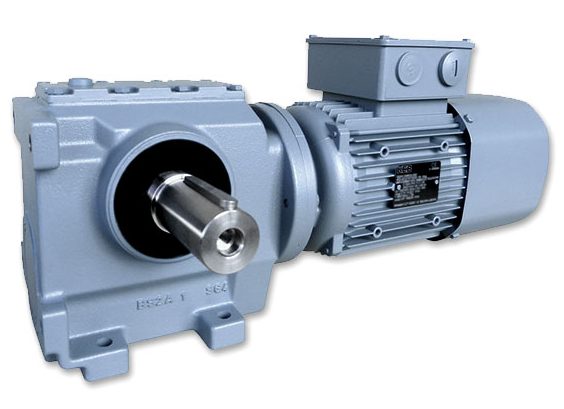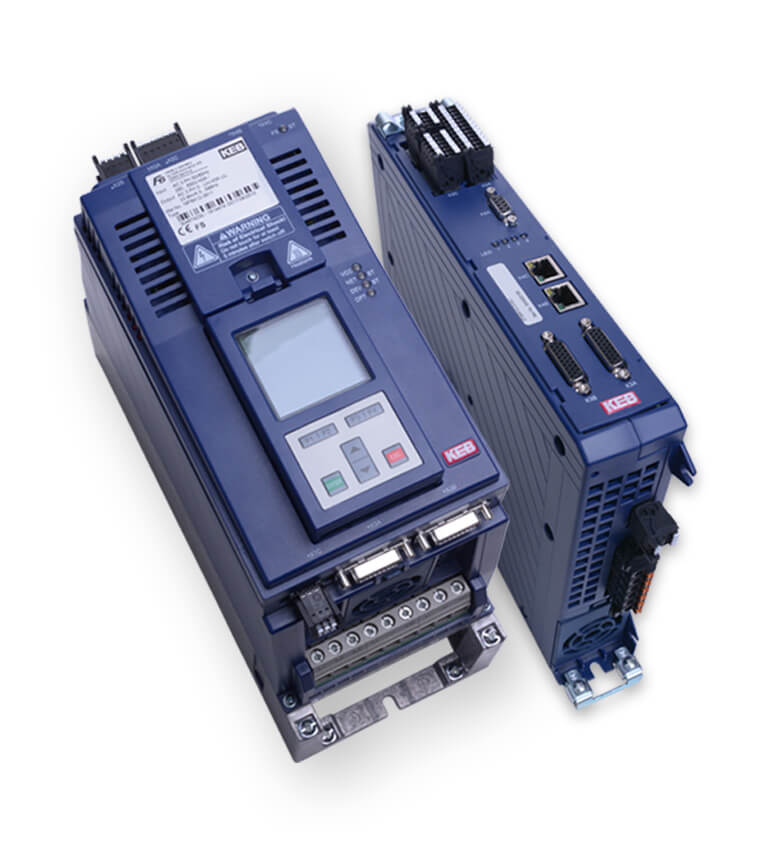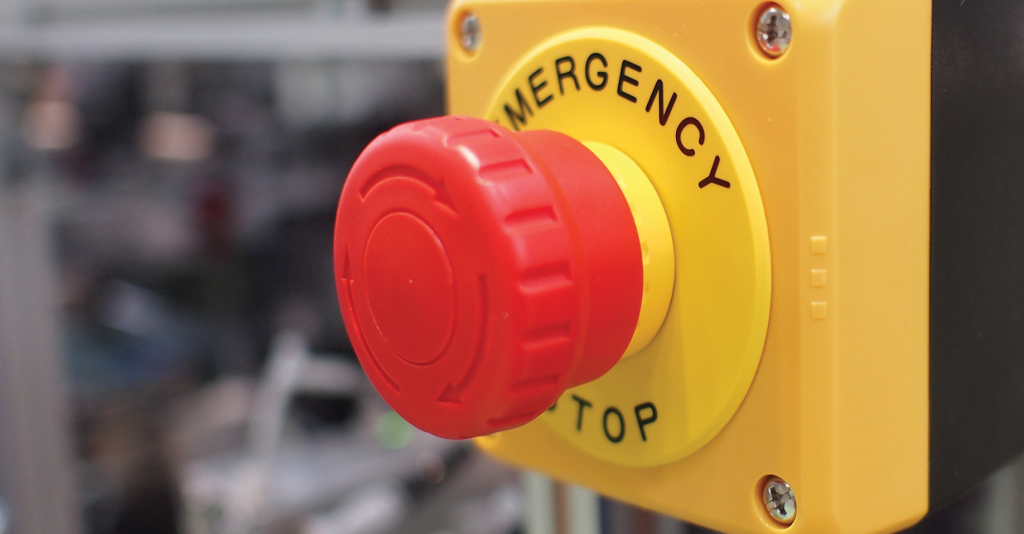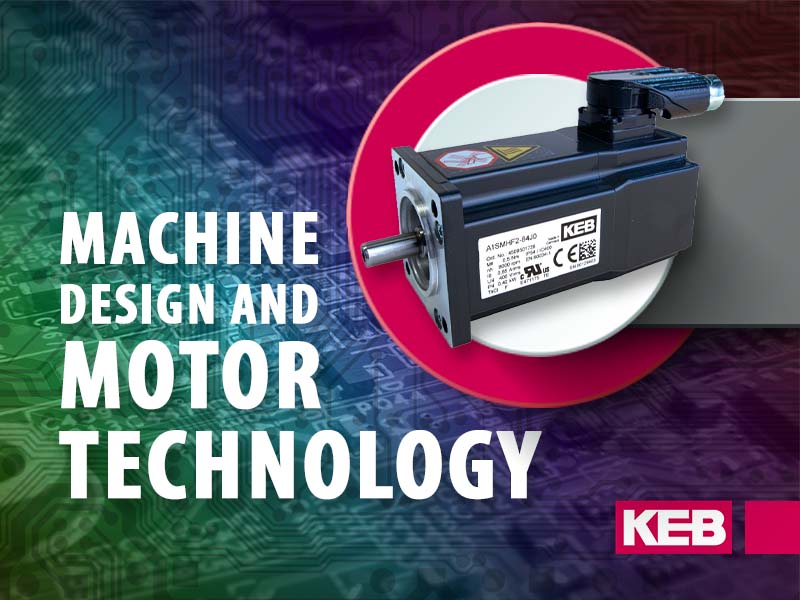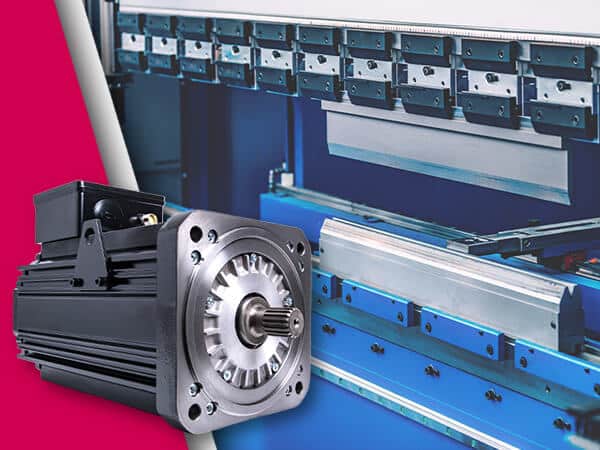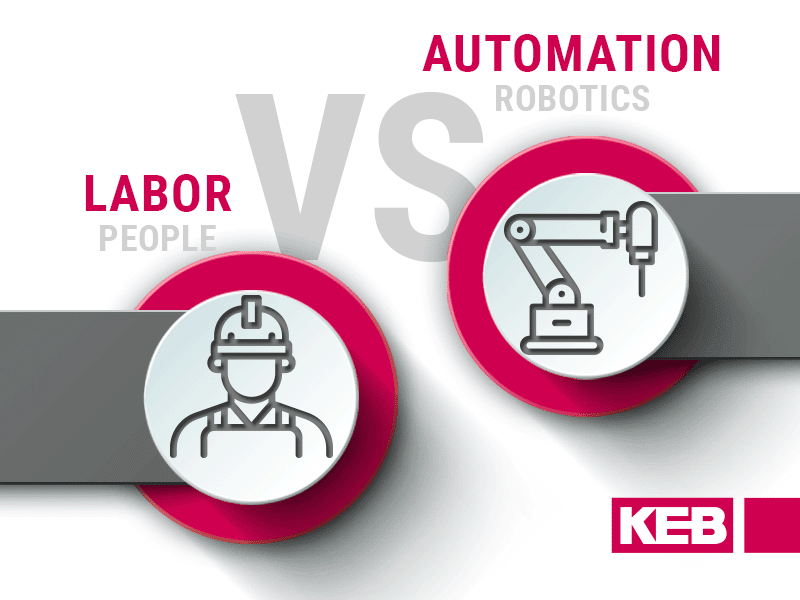Enhancing Tire Manufacturing with Servo Motors and Drives
Every day, we interact with numerous manufactured items, often without considering their intricacies. Among these commonly used yet underappreciated products is the humble tire. You know, the ones on bicycles, cars, tractors, construction vehicles, etc. Despite its apparent simplicity, the tire manufacturing process and the machinery involved are anything but straightforward; they demand complexity and precision.
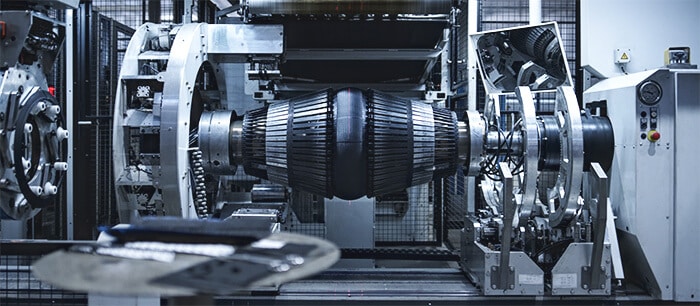
As tire manufacturers aim to minimize waste and material usage, the need for precision machinery powered by automation becomes increasingly paramount. Simultaneously, there’s a growing demand for enhanced production speeds and flexibility, necessitating quick changeovers and accommodating small batch sizes. KEB offers tailored automation solutions designed to address the multifaceted challenges inherent in tire production, from rubber mixing to tread application to final testing.
Motor Technology
The intricate process of tire production encompasses numerous steps and a wide array of materials, often exceeding ten. This multifaceted operation demands both linear and rotary movements, with motors serving as the vital components converting electrical energy into mechanical motion.
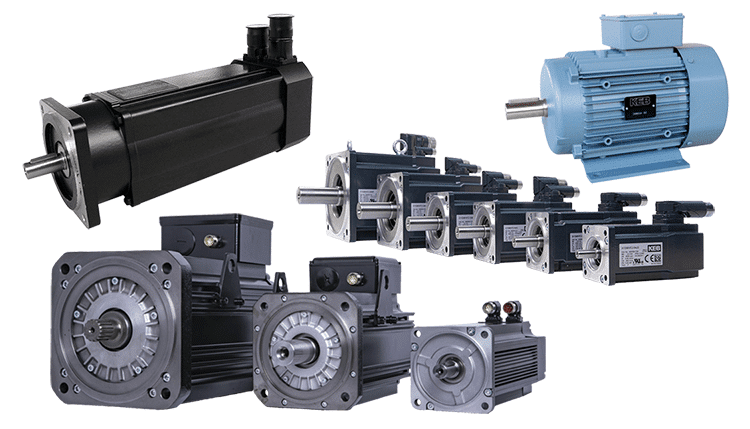
KEB provides a diverse range of AC motor technologies, including induction motors and PM servo motors, catering to varying production needs. Paired with integral gearing, KEB induction motors offer versatility in inline and right-angle configurations, making gearmotors an optimal choice for material handling tasks where absolute precision is not paramount.
However, certain stages of tire manufacturing necessitate exacting precision, such as flying saw/cutting actions, linear force movements, and indexing/positioning maneuvers. Here, servo motors excel, delivering enhanced torque, speed, and positional accuracy. Additionally, AC PM servo motors boast superior energy efficiency compared to their induction counterparts, a crucial advantage in the energy-intensive realm of tire production where cost considerations loom large.
Drive Technology
If motors serve as the beating heart of machine operations, then closely following is the integral role of the paired drive responsible for motor control. KEB drives have gained popularity among machine builders due to their ability to accommodate a diverse range of motor types using a single hardware platform. This unified approach enables machine builders to utilize a common VFD platform for various motor types, including induction, PM servo, linear motors, and torque motors, reducing engineering development time and enhancing spare parts flexibility.
In line with this emphasis on flexibility, KEB’s S6 servo drive and F6 VFD offer support for different communication protocols, with EtherNet/IP being particularly popular in North America for tire manufacturing. KEB has demonstrated success in integrating their drives with Rockwell PLCs, exemplified by accessible start-up videos showcasing seamless integration.
Additionally, KEB provides options for EtherCAT, ProfiNET, and Powerlink protocols, catering to machine builder OEMs operating globally who may require support for multiple communication standards. This standardized approach to drive platforms and panel design facilitates ease of implementation and maintenance for developers.
KEB’s Combivis software further enhances the programming environment, offering developers a range of wizards to streamline motor startup processes, communication setup, and protection settings. Moreover, Combivis’s 16-channel scope traces facilitate easy tuning and optimization of the system once operational.
Repeatable Precision
Achieving a delicate equilibrium between high throughput and precision is paramount in manufacturing. On one hand, machines must operate swiftly to ensure efficient production. Higher yields translate to reduced product costs and expedited return on investment. However, prioritizing speed should not compromise product quality. Defects in the final product lead to increased waste, scrap, and warranty claims.
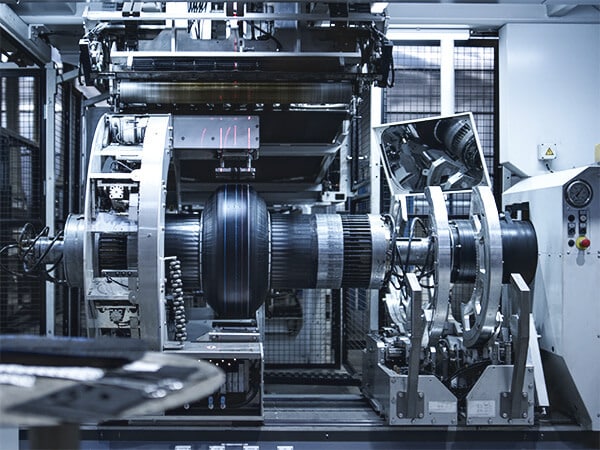
The key to enhancing machine speed while upholding product integrity lies in impeccable motor shaft performance. KEB achieves this through the utilization of a high-performance control card and current controller operating at 62.5 μs. Furthermore, each drive is equipped with an internal positioning module, enabling exceptional performance for single-axis positioning maneuvers.
Functional Safety
As much as we try to automate processes, there is often the need for some human interaction or intervention. This underscores the increasing importance of functional safety requirements in tire production. Safe Torque Off (STO) comes standard with all KEB drives, ensuring a baseline level of safety. Additionally, optional “Safe Motion” functions such as SLS and SLD are available with the Safety Module 3, further enhancing safety performance and throughput when utilized appropriately.
A growing trend in machine building involves the adoption of safe protocol versions. KEB currently supports FSoE and ProfiSAFE protocols, enabling the reduction of discrete safety wiring while augmenting the amount of safety-related information within the control system. This integration of safe protocols enhances overall safety measures, aligning with the evolving needs of modern manufacturing environments.
Retrofits
The investment required for installing a new tire production line is substantial. Frequently, the mechanical components of the equipment outlast the electronics and controls. This poses challenges after 10-20 years, when replacing outdated or prohibitively expensive electronics becomes necessary.
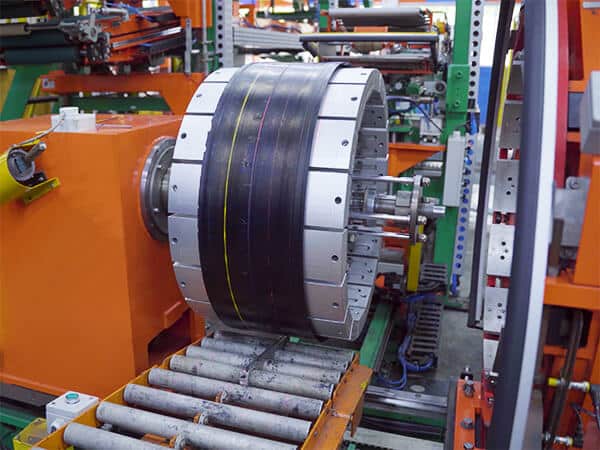
Leveraging KEB’s extensive communication flexibility, we possess expertise in replacing older systems. For instance, a common strategy involves implementing a subcontroller architecture that communicates via legacy Profibus to the main PLC. The KEB subcontroller then communicates newer EtherCAT to the drives. This innovative approach facilitates the integration of old and new components, thereby prolonging the operational lifespan of tire manufacturing equipment.
KEB Drives and Motors for Tire Machinery Manufacturers
Tire manufacturing represents a challenging application ideally suited for automation. As users increasingly seek more efficient machines with higher throughput and precision, the demand for seamless interaction between these machines and human processes has become critical, emphasizing the importance of functional safety. With extensive experience across various aspects of the tire production process, KEB is well-equipped to meet these evolving demands.
Reach out to a KEB engineer today to explore how our motors, drives, and controls can enhance your machinery and optimize tire manufacturing operations.
Let's Work Together
Connect with us today to learn more about our industrial automation solutions—and how to commission them for your application.
